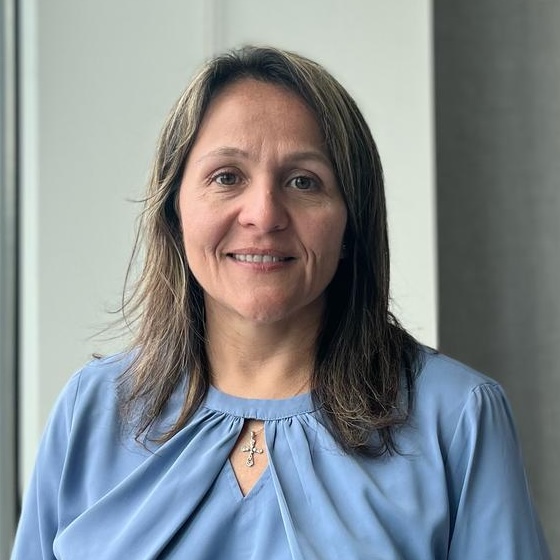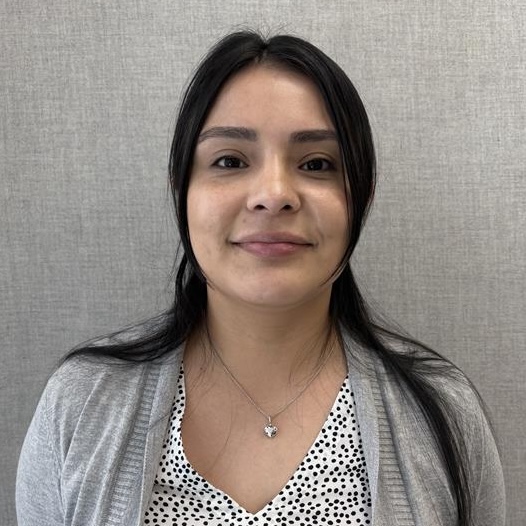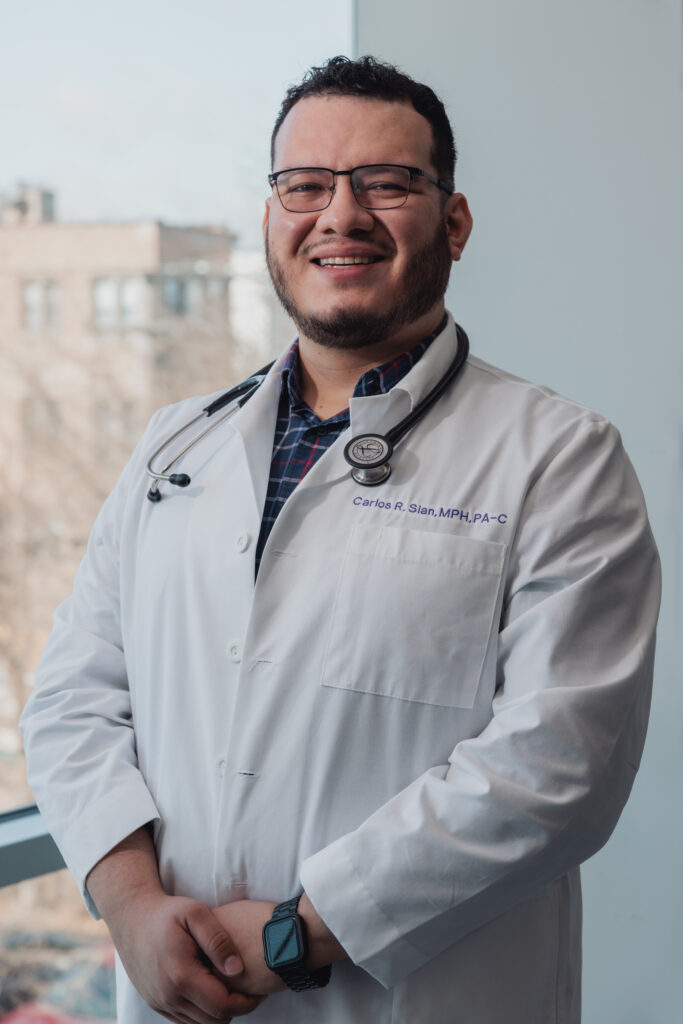Many children on the autism spectrum experience sleep problems. These tips will help you and your child get to sleep and rest well.
The following statements are the views and opinions of Jenny Wise of SpecialHomeEducator.com.
 Many children on the autism spectrum experience sleep problems. Most often, this manifests in difficulty falling asleep and frequent waking up throughout the night. These sleep disruptions not only affect nighttime rest, they also impact behavior throughout the day.
Many children on the autism spectrum experience sleep problems. Most often, this manifests in difficulty falling asleep and frequent waking up throughout the night. These sleep disruptions not only affect nighttime rest, they also impact behavior throughout the day.
Scientific American explains that poor-quality sleep can “exacerbate many of the challenging behaviors associated with autism.” This includes hyperactivity, compulsions and rituals, inattention, and physical aggressiveness.
 In turn, sleep problems add to the challenges faced by parents of children with autism. Not only is their child more prone to acting out, but because their own sleep has been disrupted, it’s harder for parents to meet their child’s needs.
In turn, sleep problems add to the challenges faced by parents of children with autism. Not only is their child more prone to acting out, but because their own sleep has been disrupted, it’s harder for parents to meet their child’s needs.
When you’re in this cycle, the challenges can feel insurmountable. With your own energy sapped, creating routines to improve your child’s sleep sounds like an impossible feat. Despite the difficulties, establishing healthy sleep routines is one of the most important things you can do for your child and your family.
 Start by assessing your child’s sleep-wake cycle. In children with autism, the body’s natural circadian rhythms may be off. This affects a child’s sense of sleepiness and ability to stay asleep at night. Parents can compensate by maintaining consistent sleep and wake times and establishing nighttime routines that signal to the child that it’s time to prepare for sleep. These routines should revolve around calming activities like changing clothes, brushing teeth, and reading stories. Avoid electronics, as the blue light emitted from screens is known to disrupt circadian rhythms.
Start by assessing your child’s sleep-wake cycle. In children with autism, the body’s natural circadian rhythms may be off. This affects a child’s sense of sleepiness and ability to stay asleep at night. Parents can compensate by maintaining consistent sleep and wake times and establishing nighttime routines that signal to the child that it’s time to prepare for sleep. These routines should revolve around calming activities like changing clothes, brushing teeth, and reading stories. Avoid electronics, as the blue light emitted from screens is known to disrupt circadian rhythms.
Many parents of children on the autism spectrum lay with their child until he or she falls asleep. While co-sleeping can help in the short-term, it’s not a long-term solution for sleep problems. It’s better to change the behavior while your child is young than try to break an entrenched habit years later. If your child is afraid of sleeping alone, make sure your child has comfort items available and gradually separate yourself from your child’s bedtime. If your child tends to sleep in your bed, try ASD specialists strategy for getting your child to sleep in his or her own bed. The goal is to get your child accustomed to falling asleep without your presence. In addition, if your child wakes in the night, don’t cater to them by turning on the TV or fixing a snack. The goal is to teach your child that it’s still nighttime, and the day isn’t going to start because they woke up.
 Create a sleep environment that is soothing to your child. Don’t underestimate the power of a comfortable mattress. While investing in an entirely new mattress can be a little pricey, look into a mattress topper that can be placed on top of your child’s current mattress for extra comfort and support. A topper can be helpful if your child has sensory issues, as it can make the bed firmer or softer depending on their preference. Speaking of sensory issues, this is an area in which you should be sensitive. If your child is focused on itchy pajamas or outside noises, falling asleep will be difficult. Likewise, if your child is a “hot sleeper,” it’s important to have adequate airflow in the room and a mattress that has breathability as well as heat conductivity and retention. Some children on the autism spectrum also find weighted blankets comforting.
Create a sleep environment that is soothing to your child. Don’t underestimate the power of a comfortable mattress. While investing in an entirely new mattress can be a little pricey, look into a mattress topper that can be placed on top of your child’s current mattress for extra comfort and support. A topper can be helpful if your child has sensory issues, as it can make the bed firmer or softer depending on their preference. Speaking of sensory issues, this is an area in which you should be sensitive. If your child is focused on itchy pajamas or outside noises, falling asleep will be difficult. Likewise, if your child is a “hot sleeper,” it’s important to have adequate airflow in the room and a mattress that has breathability as well as heat conductivity and retention. Some children on the autism spectrum also find weighted blankets comforting.
Changing up daytime routines can improve your child’s sleep as well. By increasing your child’s activity levels and exposure to daylight, you can increase feelings of tiredness as nighttime approaches. Keep stimulating activities in the earlier parts of the day, opting for relaxing activities as you approach bedtime.
 When your child is experiencing sleep problems, the entire family can end up exhausted. Instead of throwing in the towel, start implementing these simple changes in your child’s life. While it may take time for your child to adapt to the new routines, it shouldn’t be long before you start noticing improvements in your child’s sleep quality and overall behavior.
When your child is experiencing sleep problems, the entire family can end up exhausted. Instead of throwing in the towel, start implementing these simple changes in your child’s life. While it may take time for your child to adapt to the new routines, it shouldn’t be long before you start noticing improvements in your child’s sleep quality and overall behavior.









